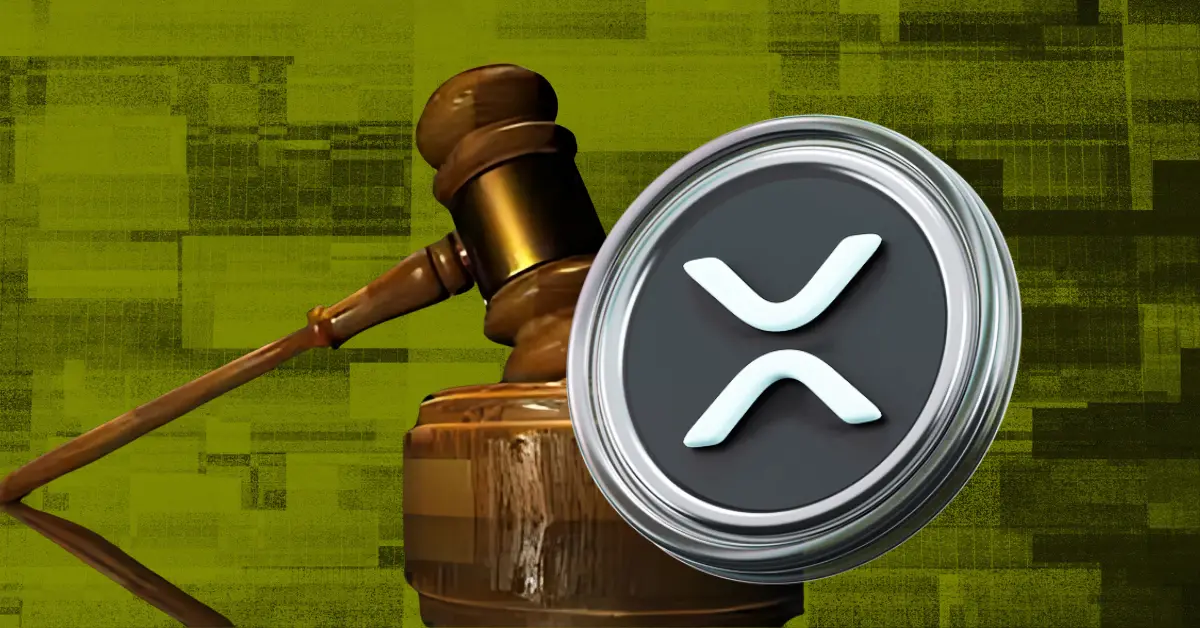
The Crypto Showdown: How Ripple’s Legal Battle Could Reshape U.S. Regulation
Picture this, dude: a Wild West showdown, but instead of tumbleweeds and six-shooters, it’s Gary Gensler’s SEC versus Ripple’s legal team in a high-stakes duel over whether XRP is a security or just another crypto token. Seriously, this saga has more twists than a Black Friday stampede at a mall clearance rack. From aggressive enforcement to sudden SEC retreats, the U.S. crypto regulatory landscape is a mess—and Ripple’s fight might just be the key to cleaning it up.
—
The SEC’s Crackdown: Gensler’s “Regulate First, Ask Questions Later” Approach
Let’s rewind to when Gary Gensler took the SEC helm and decided crypto was his personal villain arc. The man came in swinging, labeling XRP an unregistered security and dragging Ripple into a legal nightmare. The SEC’s argument? Ripple’s sale of XRP violated securities laws because, in their eyes, it was basically an unlicensed stock offering.
But here’s the plot twist: Ripple didn’t just roll over. CEO Brad Garlinghouse and his team fought back, arguing the SEC’s interpretation was as outdated as a flip phone in an iPhone world. They pointed out that XRP wasn’t a security but a utility token—a digital asset used for cross-border payments, not an investment contract. The legal battle dragged on, costing millions and leaving the entire crypto industry sweating over who the SEC would target next.
Then, *bam*—the SEC suddenly dropped enforcement actions against Ripple, Coinbase, and Kraken. Was it a tactical retreat or a sign of shifting winds? Either way, the market noticed. XRP’s price shot up like a hypebeast spotting limited-edition sneakers, and whispers of Gensler’s resignation started circulating.
—
Ripple’s Counterattack: Policy Advocacy and $25 Million Bet on Change
While the SEC was busy playing legal whack-a-mole, Ripple wasn’t just dodging lawsuits—it was rewriting the playbook. Enter Lauren Belive, Ripple’s Global Co-Head of Policy, who’s been working the halls of D.C. like a retail worker hustling a holiday sale. Her mission? Push for clearer, fairer crypto rules instead of leaving companies to guess what might get them sued.
In 2024, Ripple dropped $25 million into pro-crypto advocacy, funding lobbyists, think tanks, and legal challenges to shape regulations. That’s not just spare change from the couch cushions, dude—it’s a strategic move to turn the tide. And it’s working. Other crypto firms, inspired by Ripple’s gutsy play, are now stepping up their policy game too.
But the real kicker? The SEC’s refusal to postpone its appeal against Ripple, which Ripple’s legal team called a “waste of taxpayer money.” Ouch. It’s like the SEC doubled down on a bad bet—and the industry is watching, popcorn in hand.
—
The Aftermath: Gensler’s Exit and the Rise of a Crypto-Friendly SEC?
Just when you thought this drama couldn’t get juicier, rumors hit that Gensler might be out—and Paul Atkins, a pro-crypto advocate, could take his seat. Atkins as SEC Chair? That’s like swapping a mall cop for a chill bouncer who actually understands the club scene.
The market’s reaction says it all: XRP surged on the news, and crypto Twitter erupted with memes celebrating Gensler’s potential departure. If Atkins steps in, we could see a regulatory pivot—less “enforcement by ambush” and more clear guidelines. That’s huge, because right now, the U.S. risks losing crypto innovation to friendlier hubs like Singapore or the EU.
But here’s the big question: Will the SEC drop its appeal against Ripple? Many in the industry think so, and if it happens, it’ll set a precedent. No more treating every altcoin like a securities law violation. Instead, we might finally get rules that don’t stifle innovation.
—
The Bottom Line: Ripple’s Fight Is Everyone’s Fight
Let’s be real—Ripple vs. the SEC isn’t just about one company. It’s about whether the U.S. will embrace crypto or strangle it with red tape. Ripple’s legal battle, advocacy, and sheer stubbornness have forced regulators to rethink their approach. Gensler’s exit (if it happens) could be the turning point, but the real victory is in the precedent: crypto firms aren’t backing down anymore.
So here’s the takeaway, friends: The crypto industry’s future isn’t just in code or wallets—it’s in courtrooms and policy meetings. And thanks to Ripple, that future might finally be looking brighter. Now, who’s ready for the next chapter? Because this detective has a feeling the plot’s about to thicken.
